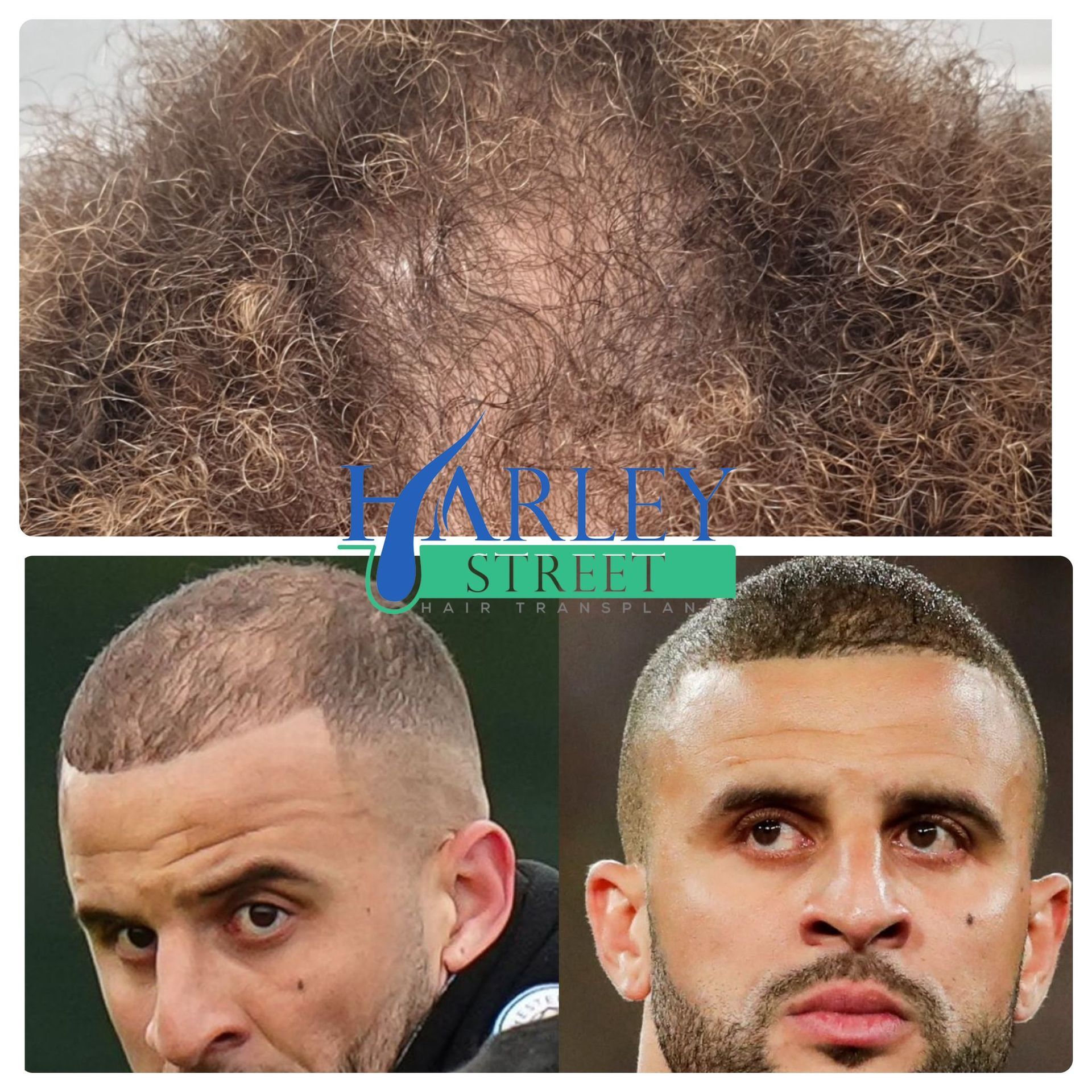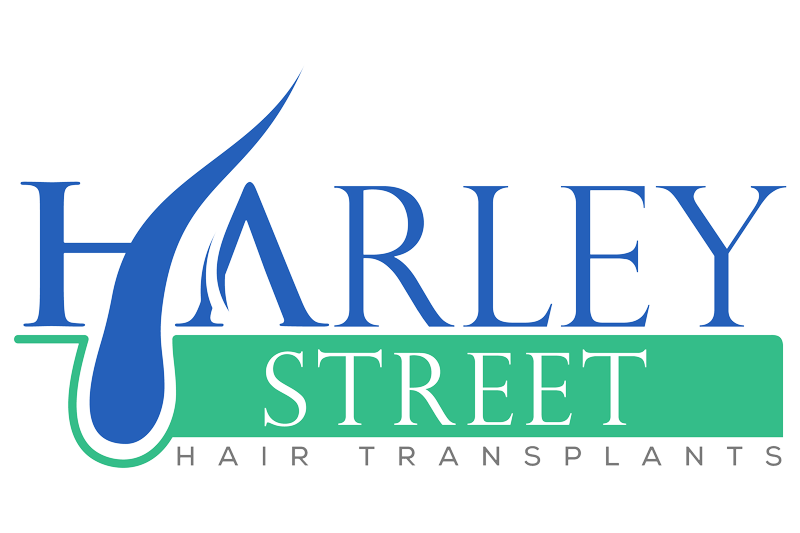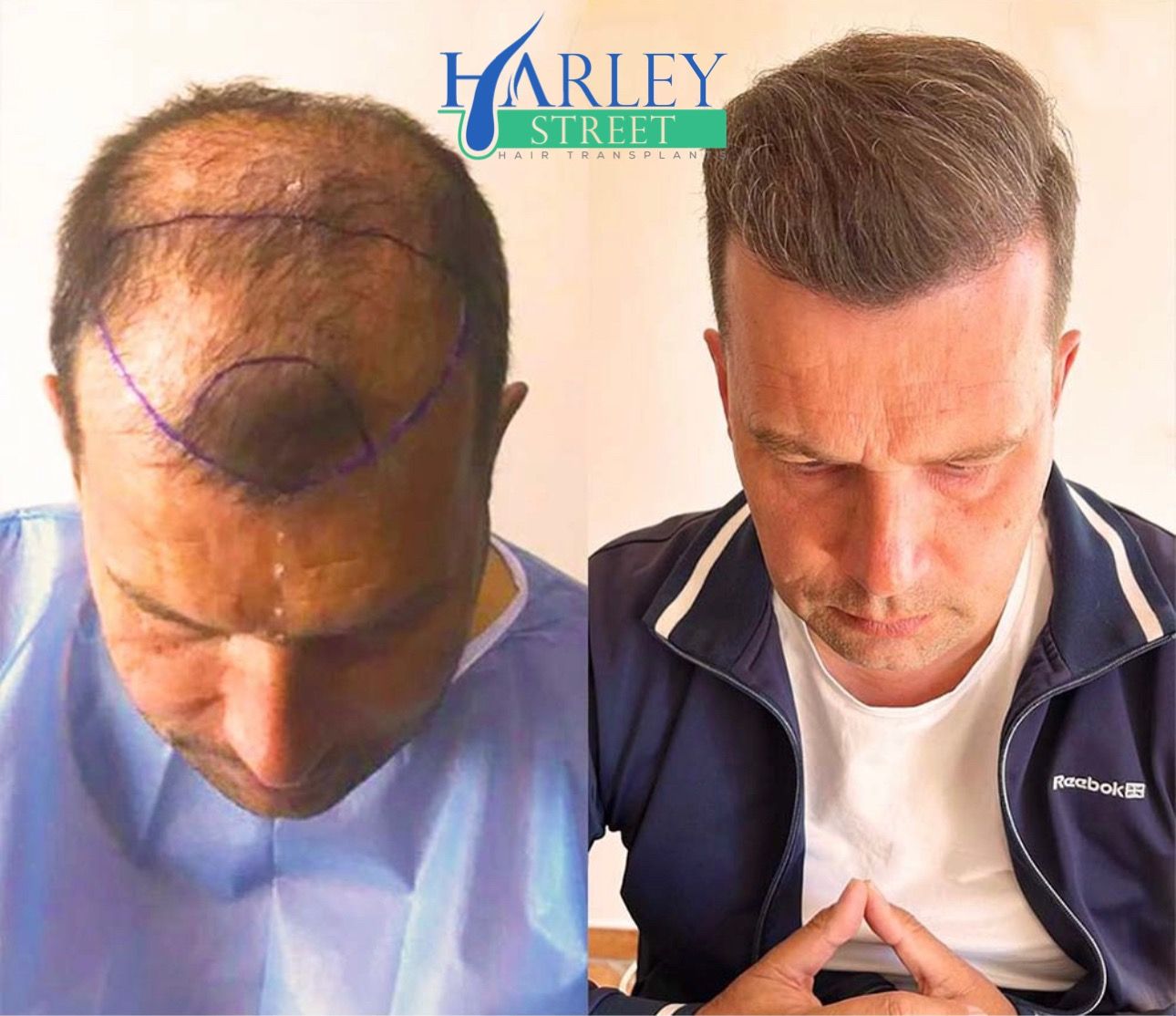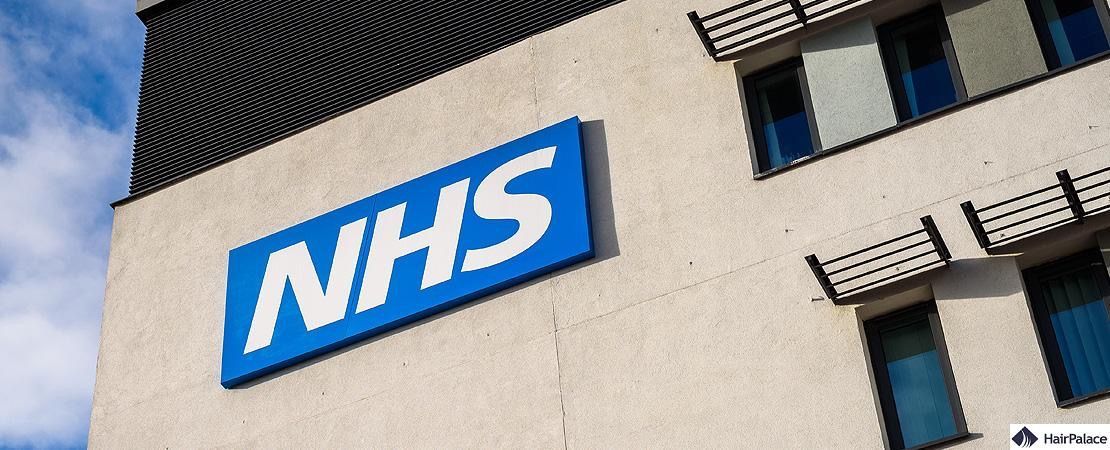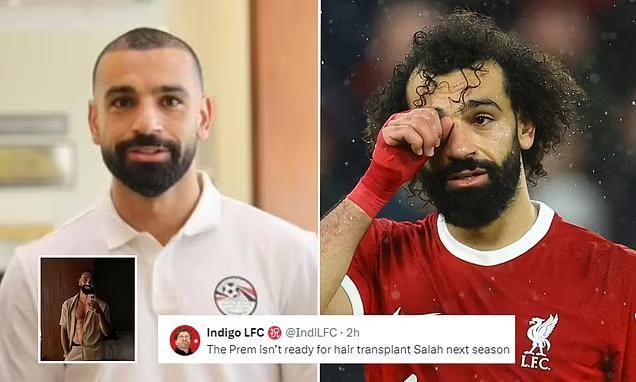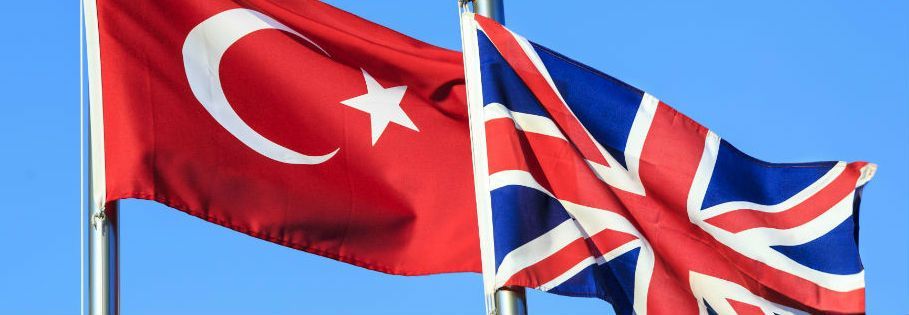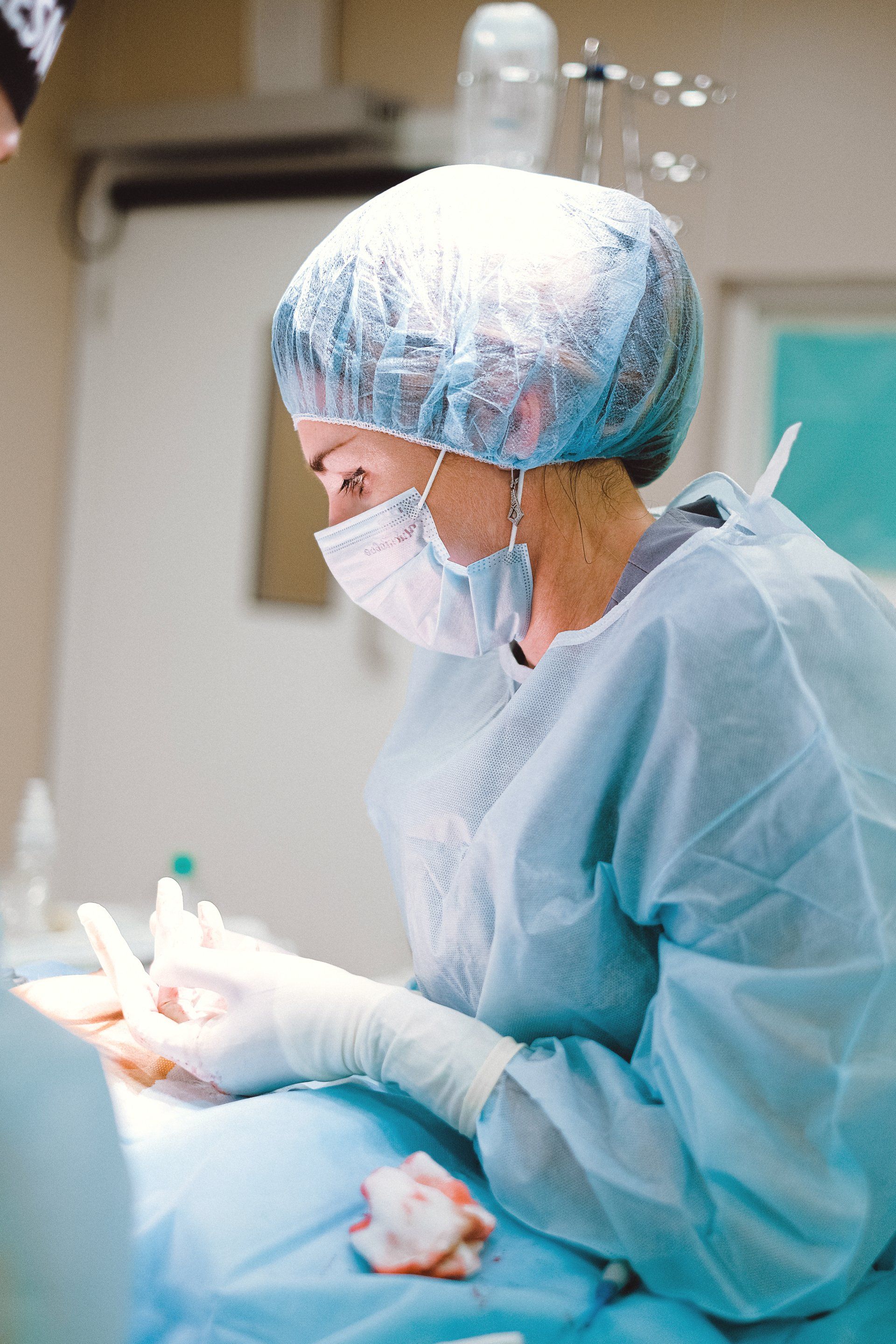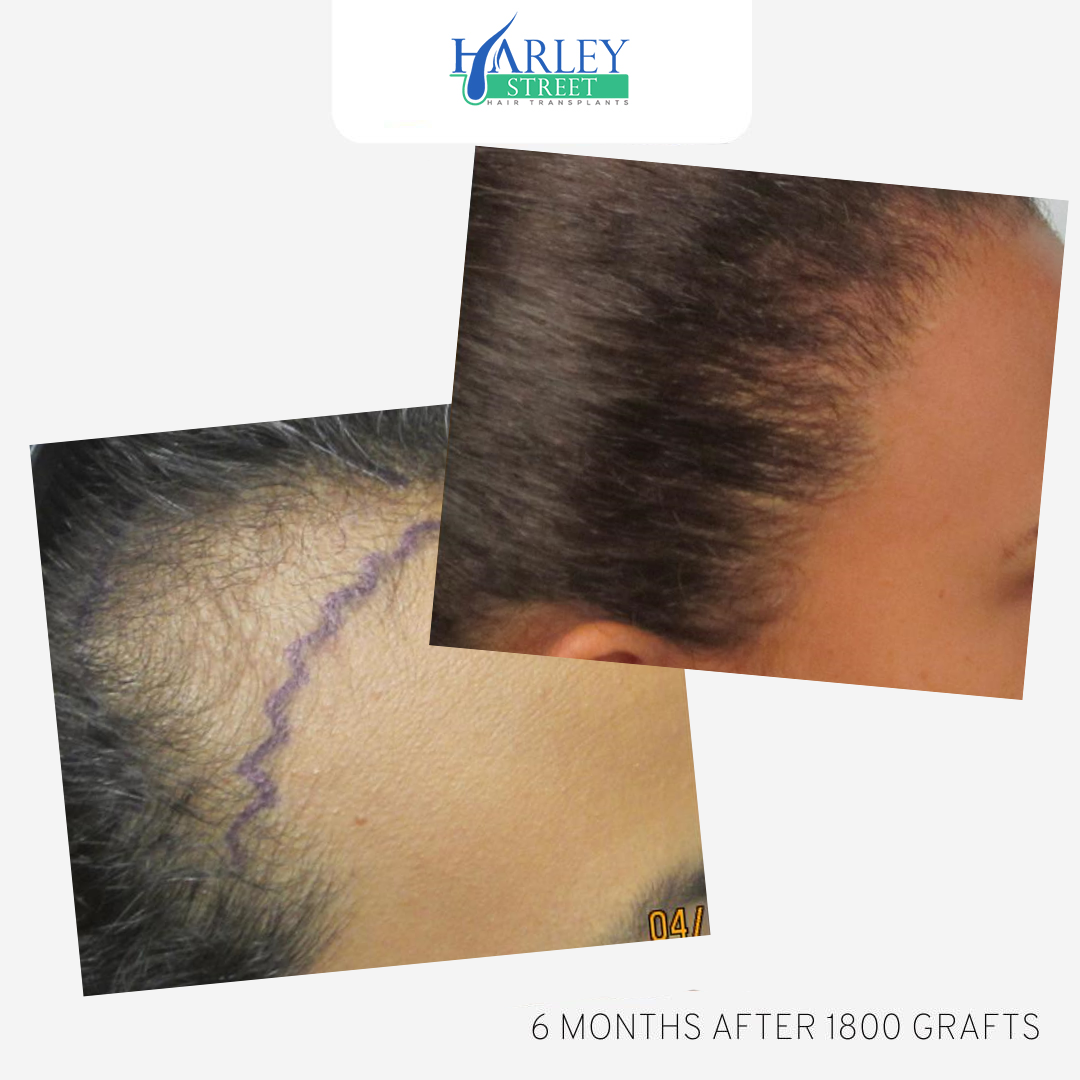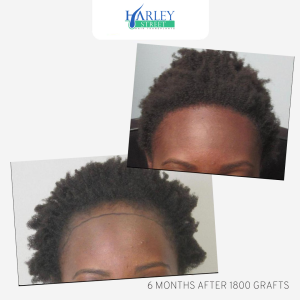Blog Details
HOME > BLOG DETAILS
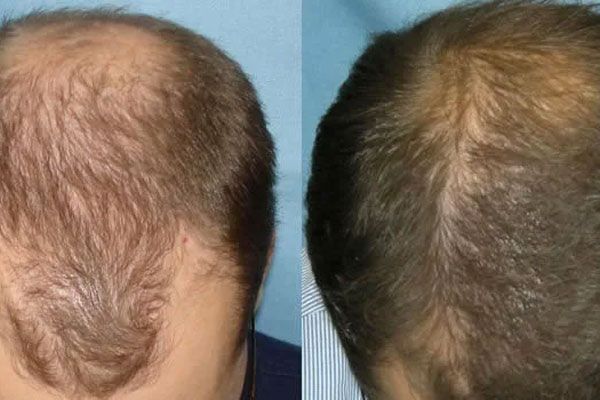
How to Reduce Hair Loss after Giving Birth
The miracle of birth comes at a price for the mother’s body as she carries and delivers a child. This sometimes manifests in the most peculiar ways—how your hair does.
It’s not uncommon for a woman’s hair to fall out in clumps after giving birth, and it often grows back short and tufty in a pattern known as telegenic postpartum effluvium.
Postpartum hair loss, brought on by diminishing estrogen levels, often begins between 6 and 12 weeks after giving birth. According to the American Pregnancy Association, up to half of the American women suffer from hair loss after giving birth.
Clinical experiments with a serum made from horse placenta have shown promise, although there are currently no medically-mandated therapies for the illness. Our professionals can assist you choose the best hair loss treatment for females, which may include medication or cosmetic procedures to decrease or mask its effects.
Hair follicles’ dynamic existence
According to Dr. Joseph Chappelle, an obstetrics expert from New York, a more appropriate term would be “postpartum hair loss.” Hair follicles have a four-stage life cycle and a three- to five-year lifespan on the scalp. There are between two and four years of growth, or anagen. 85 to 90% of a person’s head hairs are at this stage at any moment.
This transitional phase, called catagen, starts when hair growth slows and finally stops altogether. About ten days pass before it ends. This represents around 5% of your hair at any one moment.
The next phase, telogen, is the dormant stage. The hairs have ceased growing but haven’t shed yet. Roughly 10–15 percent of all scalp hairs are in this stage, lasting for about three months.
In the end, hairs undergo an exogen phase, often known as shedding. Daily scalp hair loss averages 50-100 and may last anywhere from 2-5 months.
The Highs and Lows of Pregnancy
First-time pregnancies are full of surprises for many women. Some of the most common and well-known signs of carrying a new life into the world are morning sickness, water retention, swollen and sore breasts, and frequent urine.
Pregnant ladies are often referred to as “glow” because of their physical appearance. During this time, hormonal shifts improve metabolism, bringing more oxygen and nutrients to the skin and promoting healthy hair and nails. Many of these alterations are reversed after hormone levels return to normal after delivery. Many women experience this transition due to hair loss.
Hair follicles throughout the body are prevented from losing their hair by increased estrogen and progesterone during pregnancy. That’s why it’s not uncommon for pregnant women to suffer thicker facial hair and a spate of unwanted hair all over their bodies. Hairs do not enter the exogen phase during pregnancy because of hormonal changes in the body.
When estrogen and progesterone production decrease after giving birth, the thicker, additional hairs die and are not regenerated in the hair follicles. The additional hairs fall out all at once, and the hair that grows back may seem thinner.
Preventing and Treating Hair Loss after Childbirth
These expert suggestions may benefit women as the best hair loss treatment after giving birth:
1. Make a switch in your shampoo since the chemicals exposed to your hair may shorten your follicles’ lifespan. The American Academy of Dermatology has released many guidelines in this area, the most important of which is to use a volume-boosting shampoo rather than a ‘conditioning’ shampoo while washing your hair.
2. The Association also suggests switching to a different conditioner, avoiding intense conditioners, and limiting conditioner use to the tips of your hair.
3. Don’t do anything fancy with your hair after giving birth; doing so might increase hair loss. Overbrushing, blow-drying, curling, straightening the hair, or doing any of those mentioned above may contribute to further hair loss.
4. To avoid damaging your hair more, ditch the chemical treatments and the cinched-up elastic bands and embrace your natural, loose hair. After giving birth, your hormones are all over the place, which may profoundly affect your hair.
5. Shake things up: Your metabolism and cellular health are affected by lifestyle choices like exercise.
6. Relax! It’s a bit of a cop-out to tell a new mom she shouldn’t be anxious, but stress may harm hair health because one’s emotional state impacts hormones and metabolism.
7. The health and look of your hair are affected by the chemicals you put into your body. Therefore it’s a good idea to supplement your diet. Postpartum hair loss may be mitigated by taking vitamins A, C, D, E, and Zinc. Vitamin B7 (biotin) is helpful for this, and it may be found in foods like milk, eggs, and bananas. There is a wealth of these prenatal vitamins, so continuing to take them after delivery will help reduce the amount of blood and fluid lost. Sweet potatoes and pumpkins are rich in vitamin A, which helps the body produce sebum (the oil that keeps the scalp wet) and spurs the development of new cells, including those responsible for hair and nails. Vitamin C, abundant in citrus fruits, is necessary for developing collagen. Sunshine is a great source of vitamin D, and there is a link between getting enough of this vitamin and experiencing healthy hair development. This vitamin is often deficient in people with alopecia. Vitamin E and Zinc, both of which encourage cell and follicle development, are abundant in spinach, lentils, and many seeds.
8. Try out homemade treatments made from all-natural ingredients, such as coconut milk and egg whites. The importance of a healthy diet cannot be overstated, but it becomes even more critical for expecting and new moms.
Implications for Psyche
With other symptoms, hair loss is a common occurrence for many women after giving birth, and many of these women say it negatively impacts their confidence.
Practicing dermatologist Dr. Alan Brauman has called attention to the “mental cost” of this illness and has asked that his colleagues do the same. Recent public and celebrity movements have sought to dispel stigmas around postpartum weight loss and related conditions, including depression and body image shifts. Actress Olivia Munn discussed it in a recent interview, while model Ashley Graham has posted extensively on Instagram about it. A British lady went bald to bring attention to the issue of postpartum hair loss and to support her community’s baby bank.
Small acts of courage and genuine self-acceptance like this might go a long way toward combating the normality and stigmatization of hair loss after delivery. You may get your beautiful hair back with the help of the best hair loss treatment for females in the UK, professionals in hair loss consultation service.
